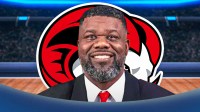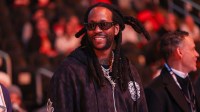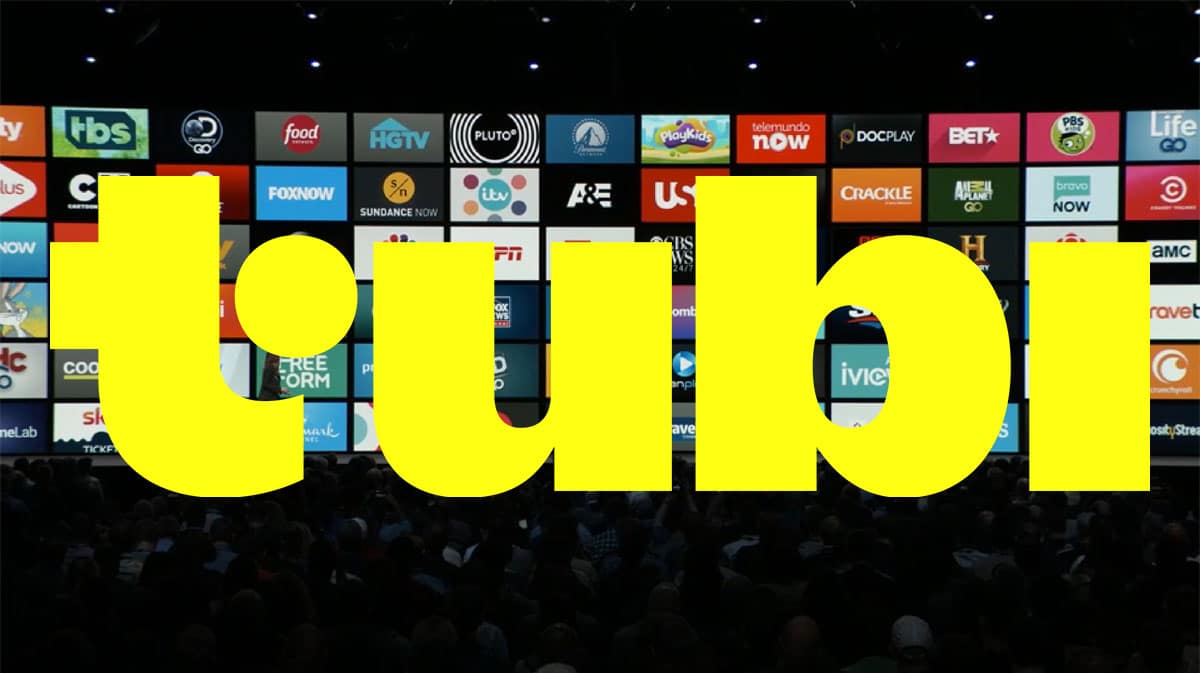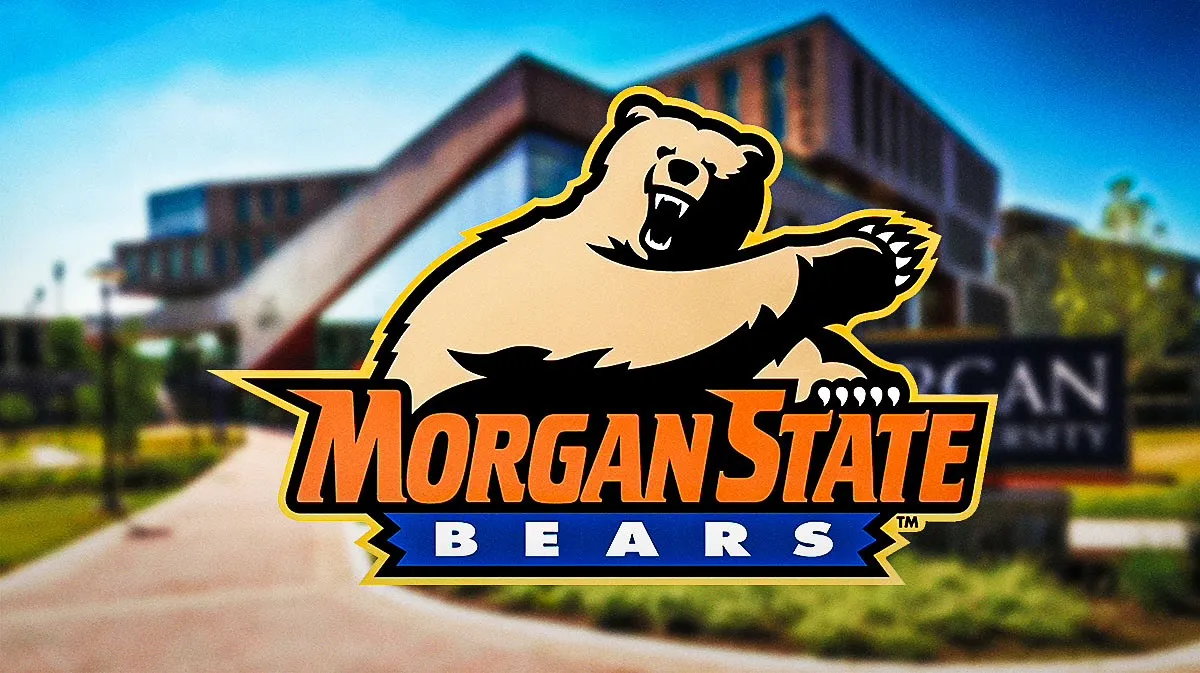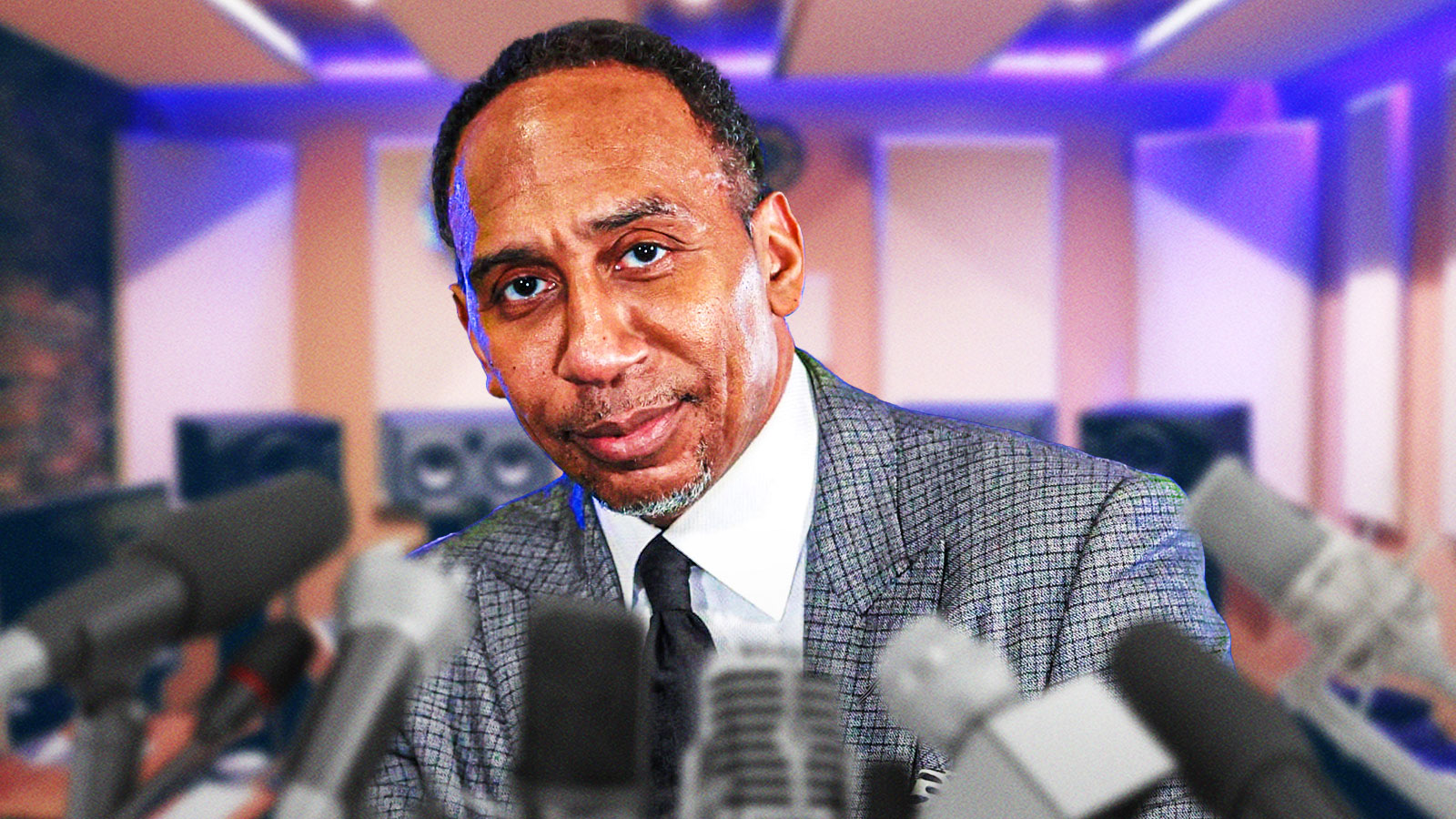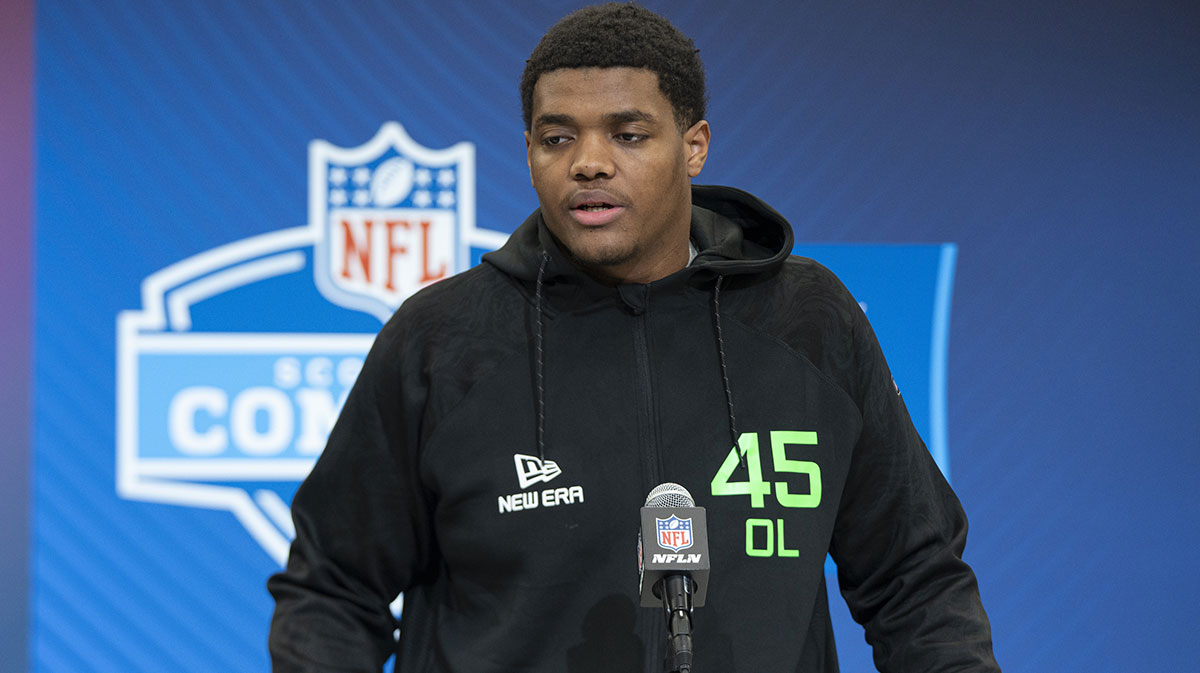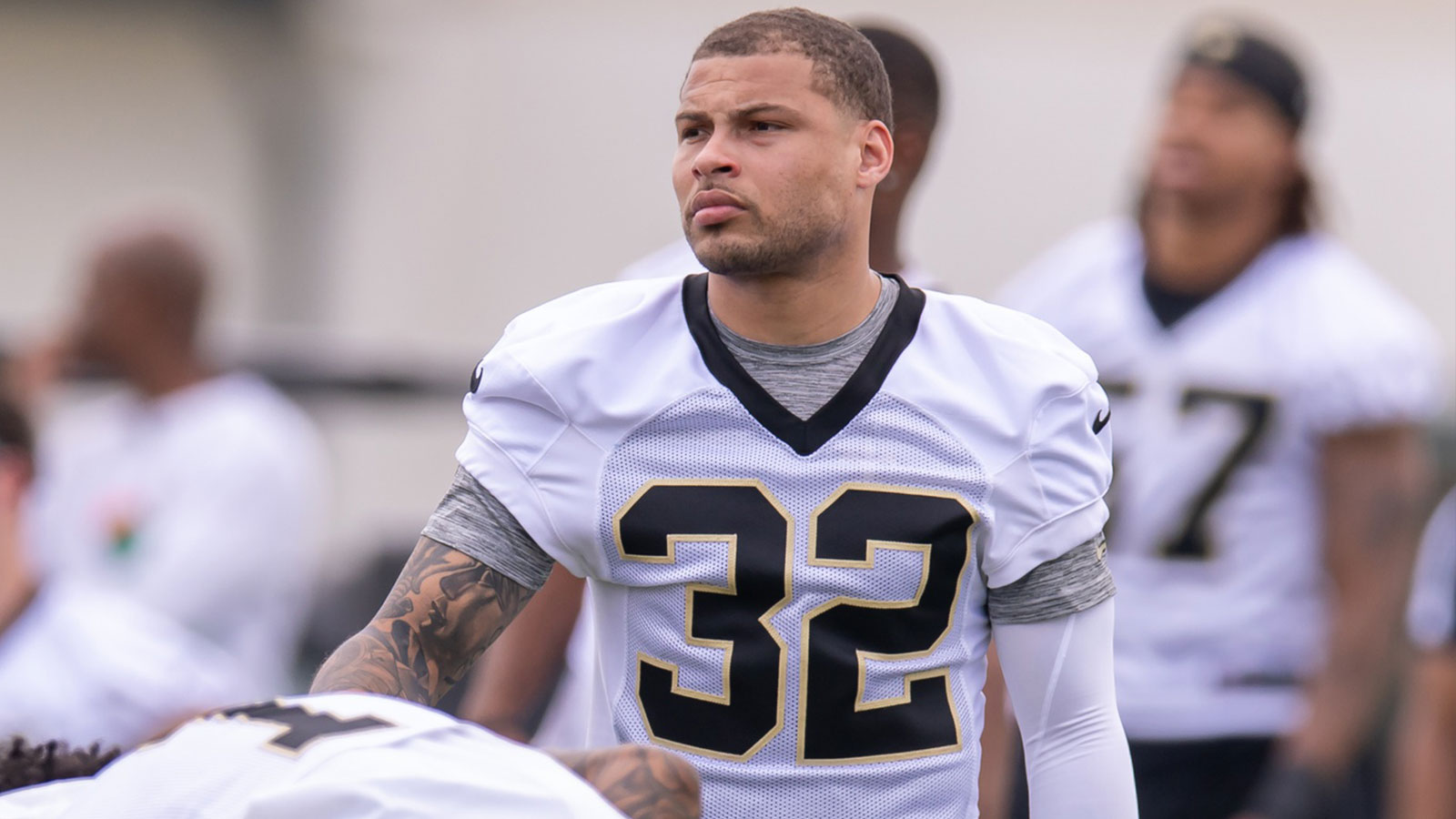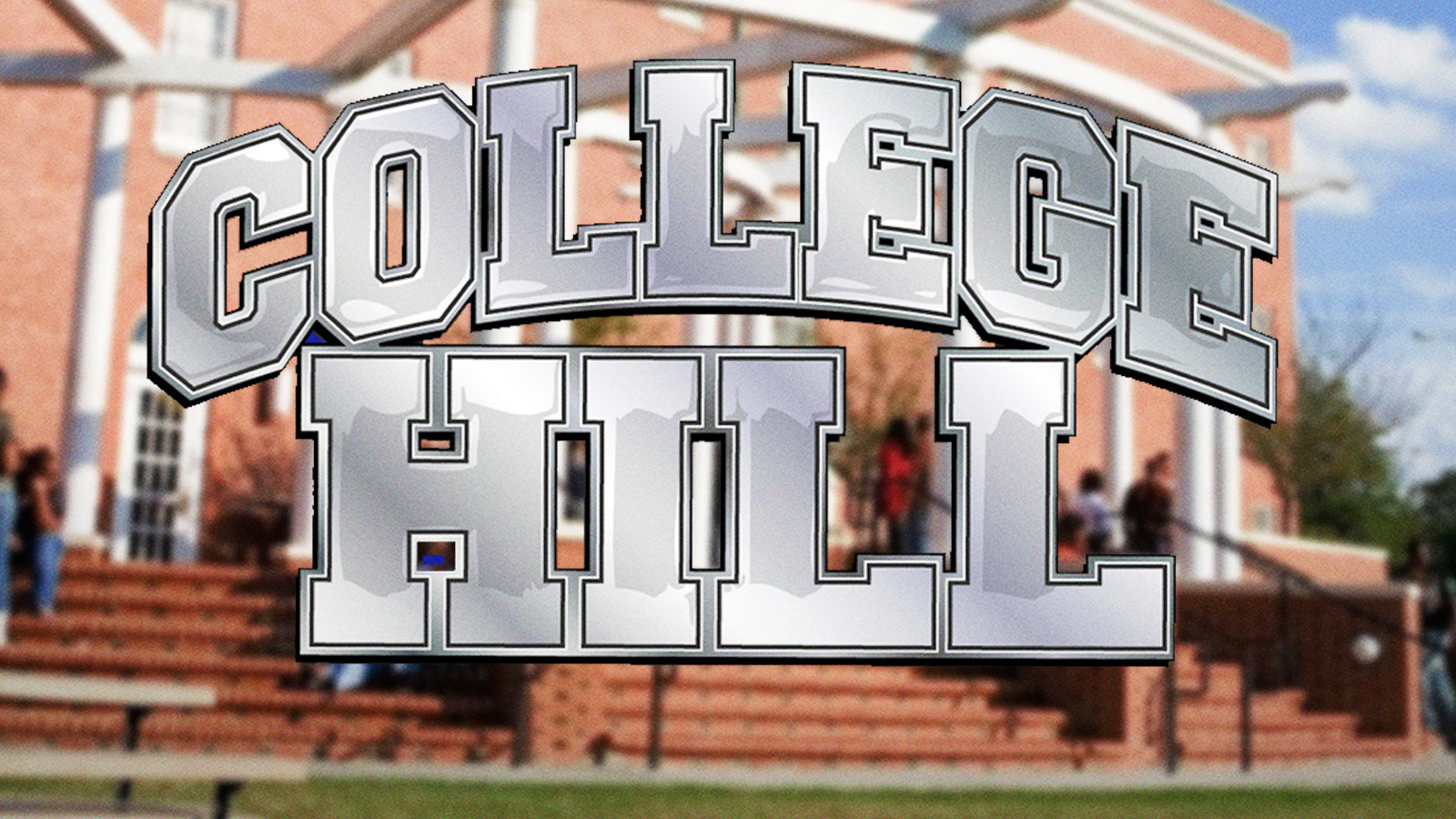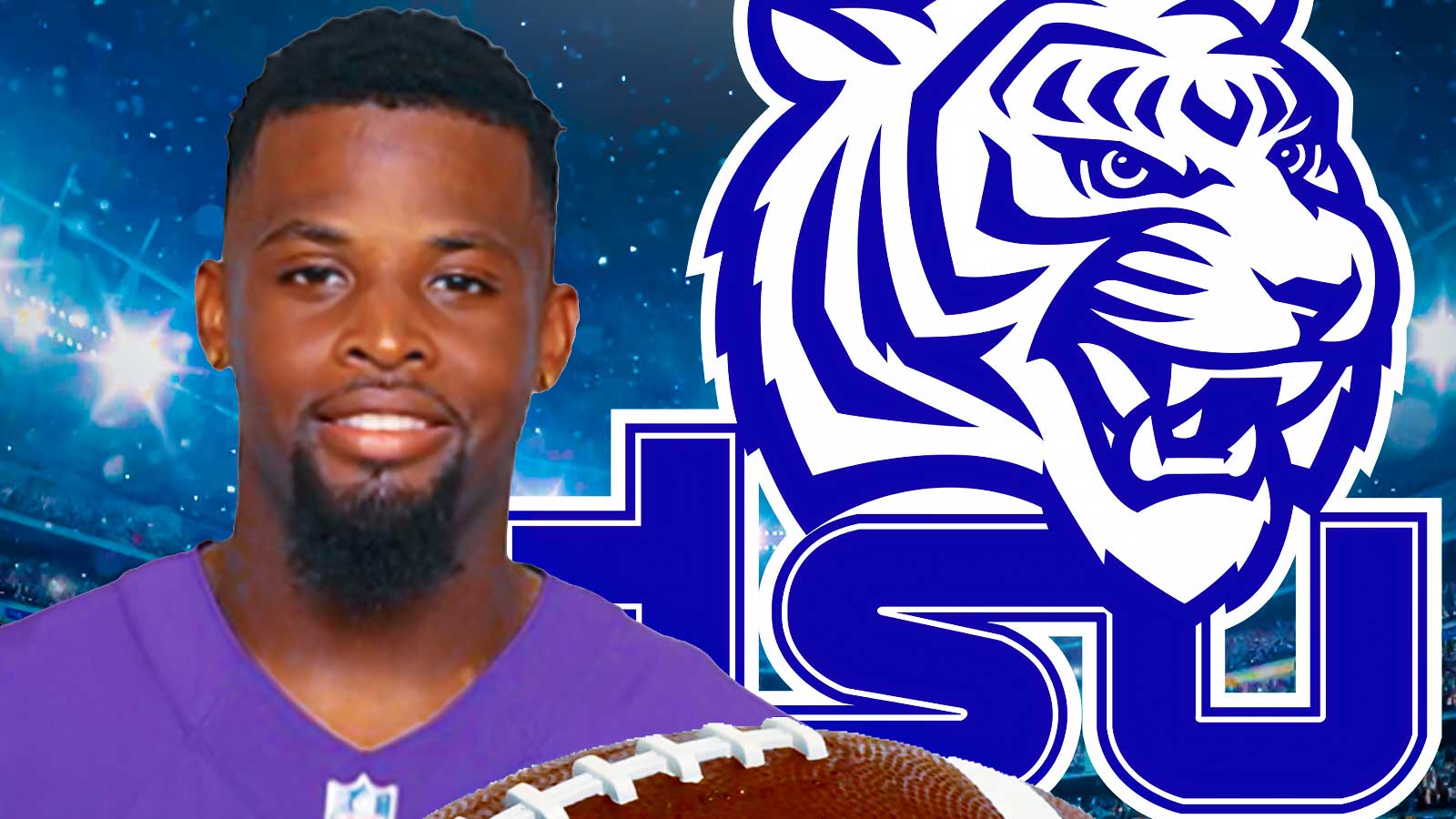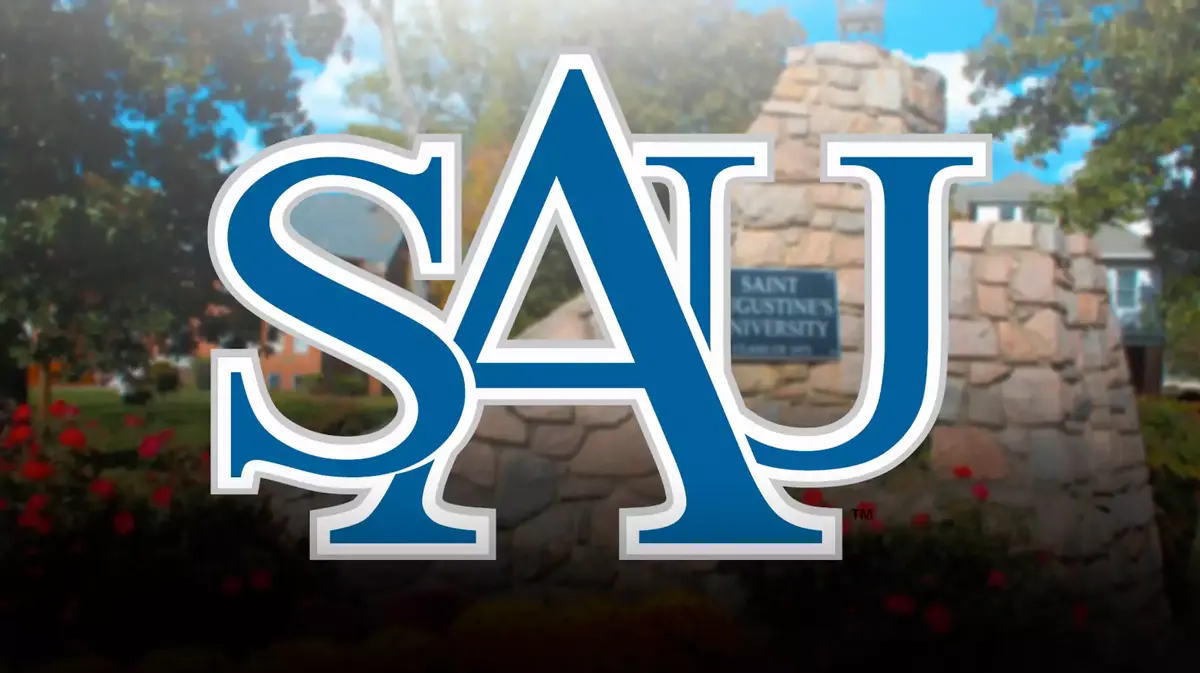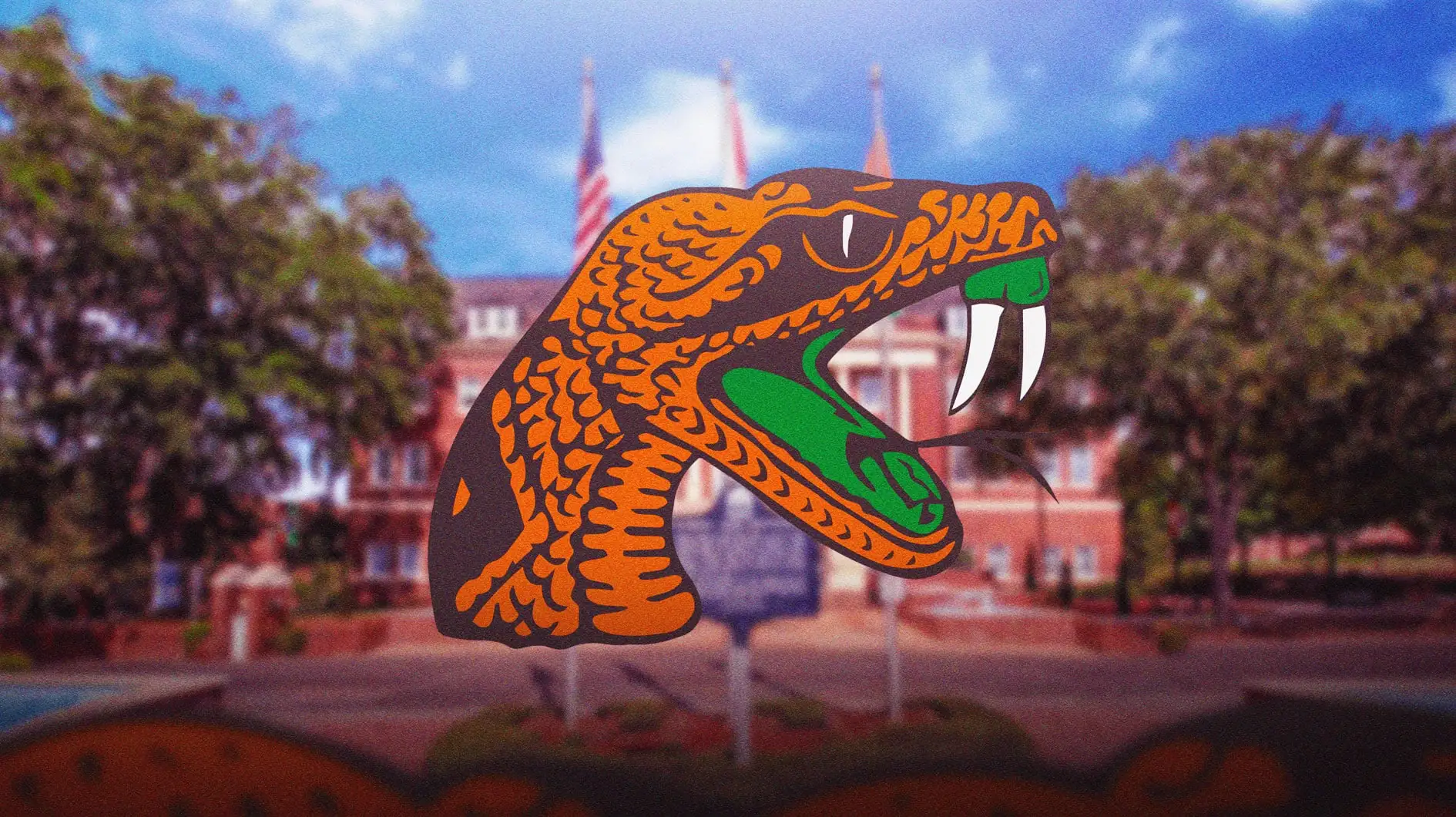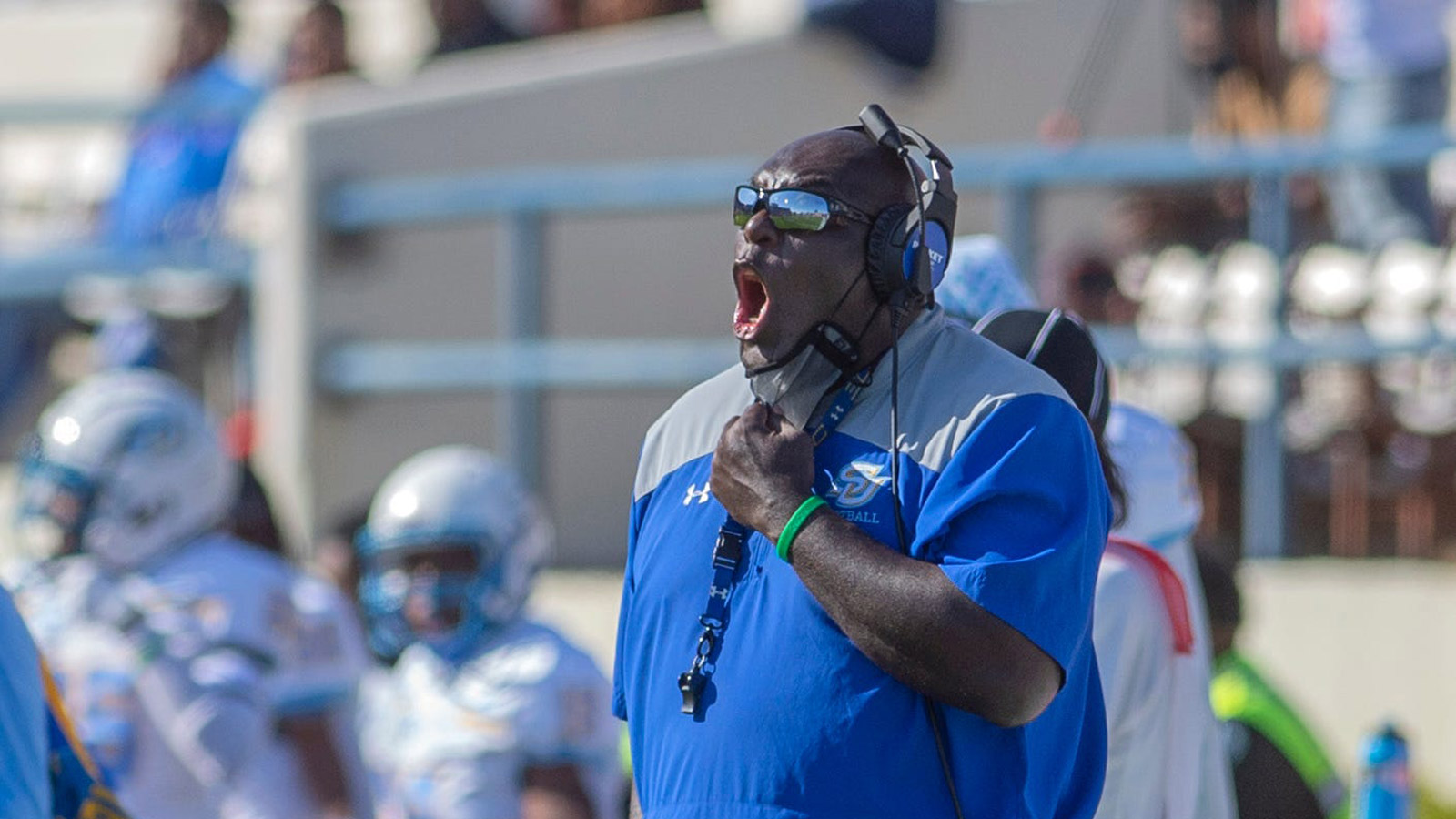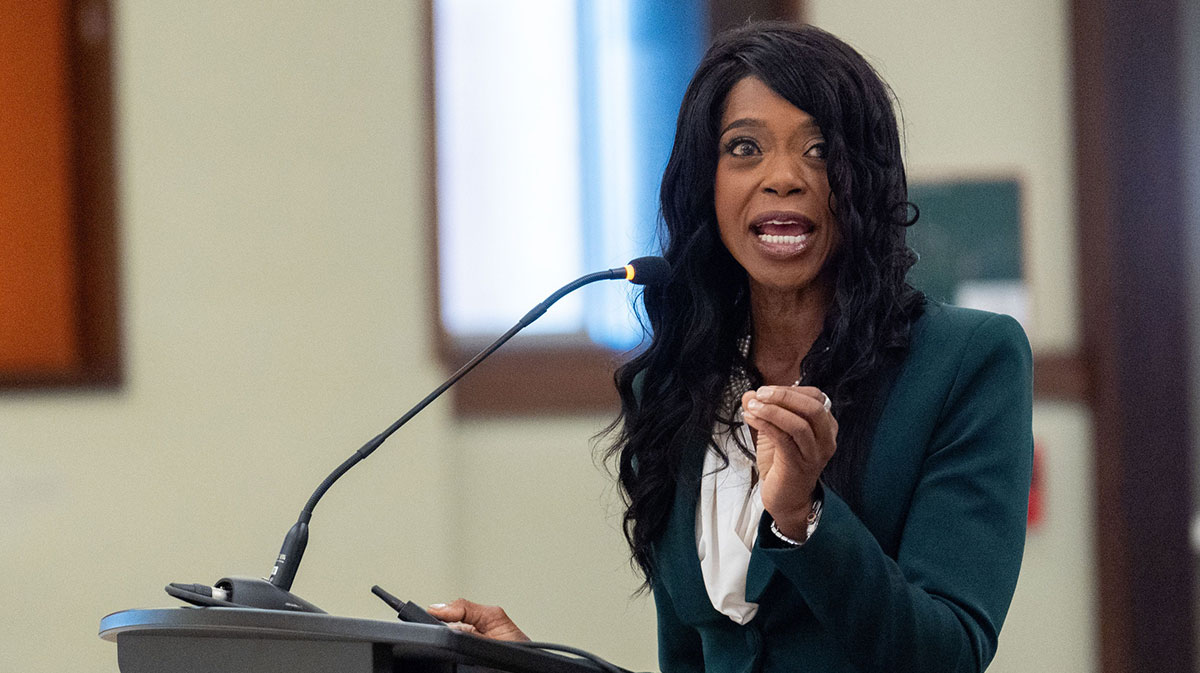After Commerce Committee Chair Maria Cantwell (D-WA) said that NIL legislation bill talks stalled because of the inclusion of HBCUs, questions were waged on why black colleges were proposed to be excluded. Premiere black college athletics platform HBCU Sports exclusively reached out to Senator Cantwell's office to get further comments and broader context around her statement. The response that was received back named the Southeastern Conference (SEC) as a factor as to why talks stalled.
“The NIL bill we tried to put together fell apart because it included a requirement that Division I schools provide a baseline of health, safety, and scholarship protections for college athletes,” the quote posted by HBCU Sports read. “Not all Division I schools could afford that, notably HBCUs, so we were working on a model to fund those protections for all schools by requiring the athletic association to provide financial assistance. The SEC balked at this approach and would not support a bill that would provide financial assistance to schools.”
We reached out to Sen. Maria Cantwell's office to get context and clarification on NIL as it relates to HBCUs. Here is the response: pic.twitter.com/bWh1ZadV2Y
— HBCU Sports (@HBCUSports) October 19, 2023
Matt Brown, founder of the Extra Points newsletter, also released reporting on the issue following Cantwell's initial comments. According to Brown's latest newsletter, two Democrats confirmed that there were no lawmakers targeting HBCUs for removal from D1 status. Senator Roger Wicker (R-MS) was highlighted for his opposition to legislation that could have negatively affected HBCU athletic interests.
“The staffers told me that the previous bill discussions included ‘requirements that Division I schools provide a baseline of health, safety, and scholarship protections for college athletes', not too dissimilar from the work of the NCAA Transformation Committee. Those requirements, which would have included provisions like expanded health care post-eligibility, would have increased costs, and many lower-resourced D-I schools, including HBCUs, would not have been able to afford those costs,” Brown said in the newsletter.
Talks surrounding the NIL bill are still ongoing but more clarity has been provided for what is occurring and how HBCUs factor into this conversation.



